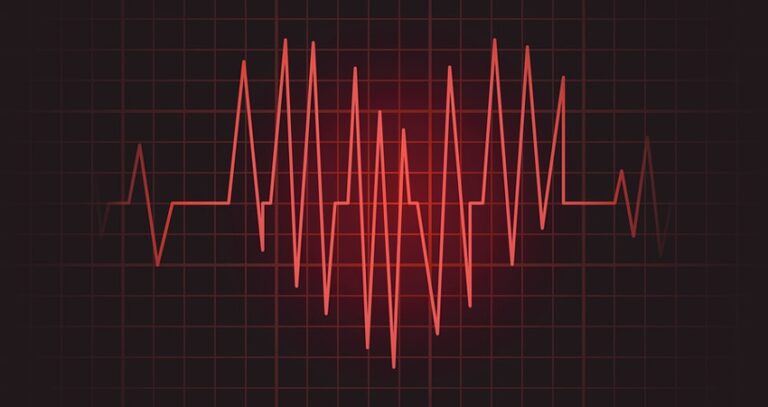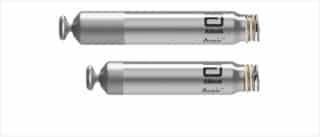
An arrhythmia is an abnormal or irregular heart rhythm. It can make your heart beat too slow so it feels like the heart very briefly pauses, or it can make your heart beat too fast causing you to feel a fluttering in your chest or neck.
You may feel dizzy and lightheaded or you may feel no symptoms at all. Arrhythmias typically fall into one of two categories:
- Tachycardia – The heartbeat is too fast, exceeding 100 beats a minute
- Bradycardia – The heartbeat is too slow, less than 60 beats a minute
Types of Arrhythmias
There are different types of arrhythmias that fall under these two categories. Some are harmless but others are potentially deadly.
There are four primary types of heart arrhythmias:
- Ventricular Arrhythmias – This is a potentially dangerous type of arrhythmia that requires immediate medical care. It occurs in the lower chambers of the heart.
- Premature (extra) beats – The most common arrhythmia and is usually harmless, it feels like the heart skipped a beat or like a fluttering in the chest. It typically does not need treatment.
- Bradyarrhythmias – This type of arrhythmia occurs when the heart rate is too slow. Some types have the potential to be dangerous, such as those associated with heart attacks and certain medical conditions.
- Supraventricular Arrhythmias – A subcategory of tachycardias, it begins in the atrioventricular node. Atrial fibrillation is a form of supraventricular arrhythmias.
Monitoring Your Arrhythmia
Irregular heartbeats, or arrhythmias, are not uncommon. Millions of people experience them at some point in their lives, and even very healthy people can have them. Usually they are harmless. There are times, though, when irregular heartbeats are serious, such as when they are associated with heart disease or heart attack. That is why any arrhythmia should be checked out by a doctor to ensure that there is no serious underlying health issue that is causing the problem.
It is prudent to monitor any arrhythmia. Some can get worse with age or with certain health conditions. Even medication and certain foods can make the arrhythmia worse. If you have been told by a doctor that your irregular heartbeat is harmless, it is still wise to get regular checkups and monitor your arrhythmia to ensure that you stay healthy.
If you have been experiencing arrhythmias or irregular heartbeats, contact us. Dr. Mathew of Heart Rhythm Consultants is a leading heart rhythm care provider in the Sarasota and Venice areas. Call (941) 210-0950 today and speak to a care coordinator to schedule your appointment.



